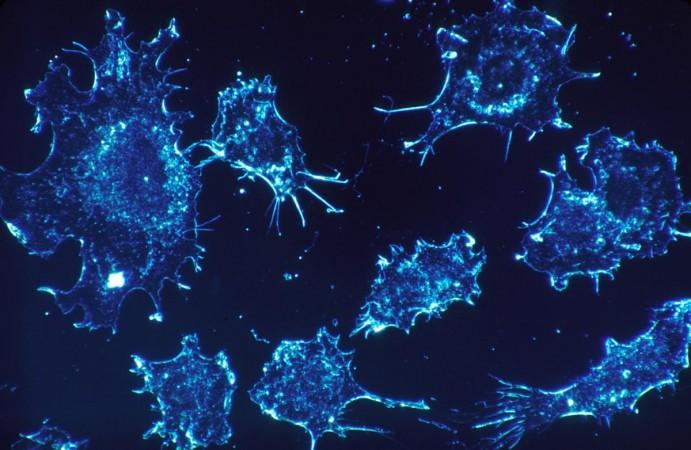
For those who have a loved one battling cancer, this news spells hope in all caps. Doctors at the Tata Memorial Hospital declared a patient cancer-free, the first one using indigenous CAR-T cell therapy in India. The treatment that would cost anywhere between Rs 3 to 4 crore abroad, cost only Rs 42 lakhs.
Dr (Col) VK Gupta, 64-year-old gastroenterologist, became the first commercial patient to achieve this status, months after India's drug regulator approved the commercial use of CAR-T cell therapy. Gupta, a Delhi-based gastroenterologist, had probably given up hope after a failed bone marrow transplant in 2022.
What is CAR-T cell therapy all about?
A pioneering treatment, CAR-T cell therapy genetically reprograms a patient's immune system to fight cancer. Thus, immunotherapy involves genetically engineering a patient's T-cells, which attack cancer cells. A type of white blood cell, T cells help the body fight infections. They are taken from the patient's body, modified in the laboratory so they express a special protein called a chimeric antigen receptor (CAR) and then infused back into the patient. The CAR protein helps T cells identify and attack cancer cells.
Last year, in October, the Central Drugs Standard Control Organization (CDSCO) approved the commercial use of an indigenously developed CAR-T cell therapy called NexCAR19. Developed by the Indian Institute of Technology Bombay and Tata Memorial Hospital, it can treat B-cell cancers such as leukemia and lymphoma.
The indigenous CAR-T cell therapy scores above the other imported therapies on its price point. Being much more affordable and a fraction of the price of imported treatments, this will make the treatment within the reach of a wider range of patients. With the rising number of successful cases, more and more hospitals are expected to be able to offer this treatment.
When IBTimes got in touch with Dr Priyanshu Choudhary, consultant medical oncology, Ivy Hospital Mohali, he sounded optimistic about the future of patients with hematological malignancies. "If we can provide this therapy at an affordable cost, it would be a true game changer." He adds, "Emily Whitehead was the first patient in the world to receive CAR-T cell therapy as a part of clinical trial. While her physicians lost all hope, her parents refused to give up and enrolled her in a CAR-T trial. Defying all odds she was cured and is still alive and healthy more than a decade later. As we enter into a similar era in India with first patient of indigenous CAR-T cell therapy being cured, there is hope for thousands of patients with relapsed Hematological malignancies."

Moreover, the achievement will hopefully lead to improved and next-generation CAR-T cell therapies for other kinds of cancers. According to data provided by the Indian Ministry of Tourism, about 14 million people worldwide annually travel to other nations in search of better medical facilities.
Another cancer-free patient hails the treatment
Just as the Indian medical fraternity has been celebrating its feat, yet another patient in England has been hailing CAR-T cell therapy. A grandfather, Peter Garland's lymphoma returned last year following chemotherapy, reports the BBC. But he was given chimeric antigen receptor (CAR-T) cell therapy and has been declared cancer-free.
"There are one or two side effects, but generally I've got my life back. The treatment was absolutely outstanding."
Reportedly, more than 1300 patients have received CAR-T cell treatment via the NHS (National Health Service) publicly funded healthcare system in England.
What we know of the treatment so far?
According to the American Society of Hematology, CAR-T cell therapy has undoubtedly transformed cancer treatment, "yet relatively few studies have investigated the impact of the therapy on longitudinal patient quality of life."
According to a study published in Blood Advances, people receiving CAR-T cell therapy demonstrate improved quality of life six months post-treatment. To conduct the study, investigators enrolled 103 patients aged 23-90 with a blood cancer diagnosis from April 2019 to November 2021.
Of these patients, 71% were diagnosed with lymphoma, 28% with myeloma, and 1% with B-cell acute lymphoblastic leukemia, 28% with myeloma, and 1% with B-cell acute lymphoblastic leukemia. As per the findings, overall, 76% of patients achieved remission, and 33% experienced immune effector cell-associated neurotoxicity syndrome, a common side effect of CAR-T therapy. Of note, 38% of patients did not survive the length of follow-up for the study.













